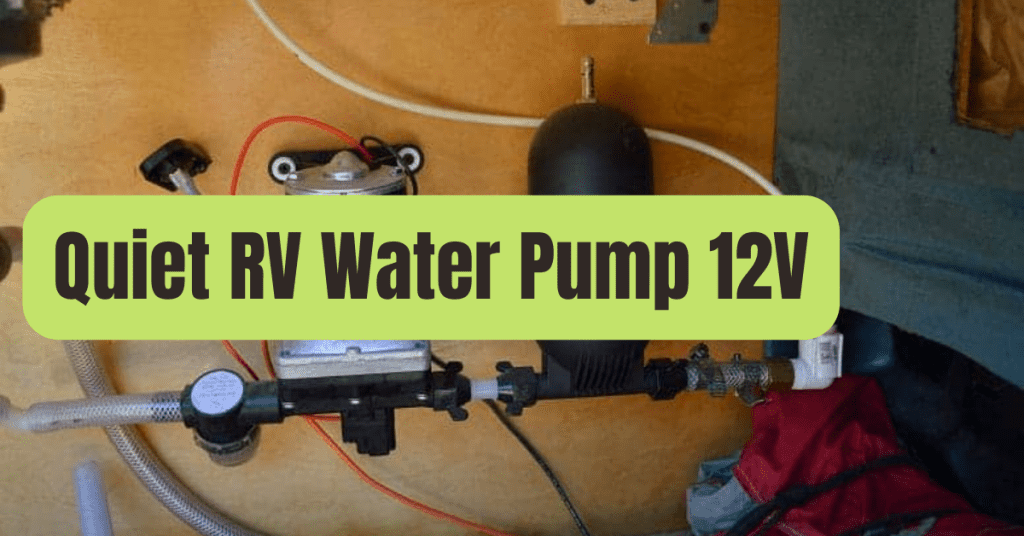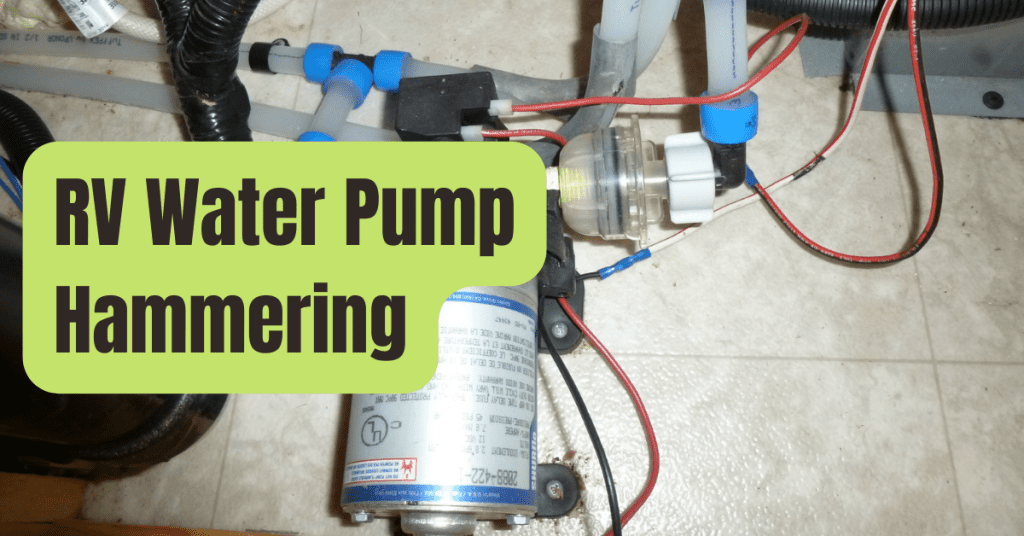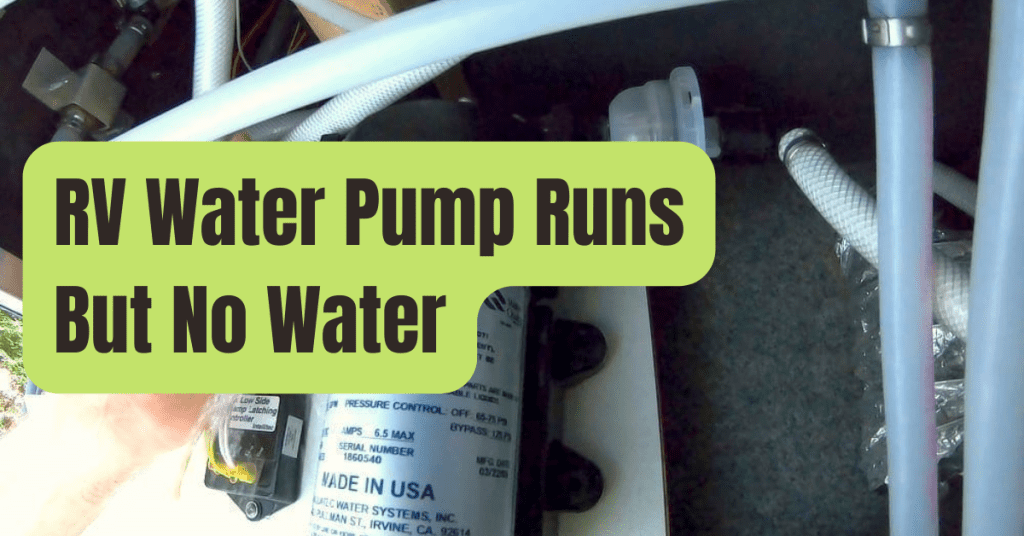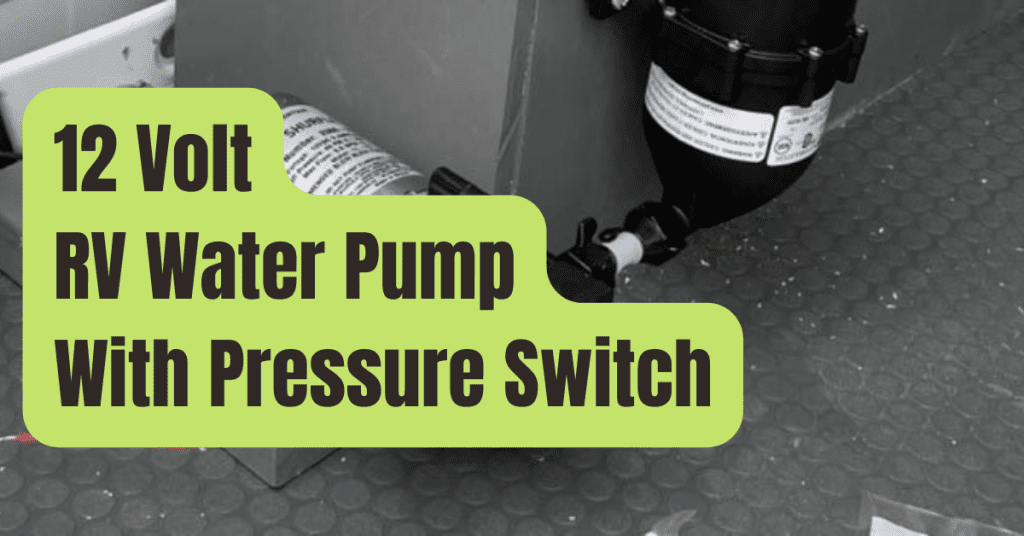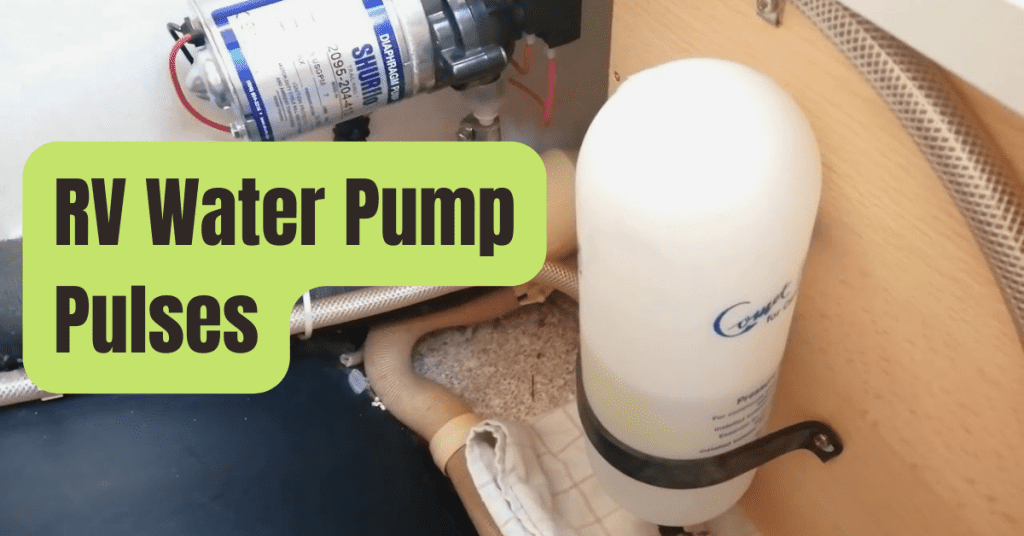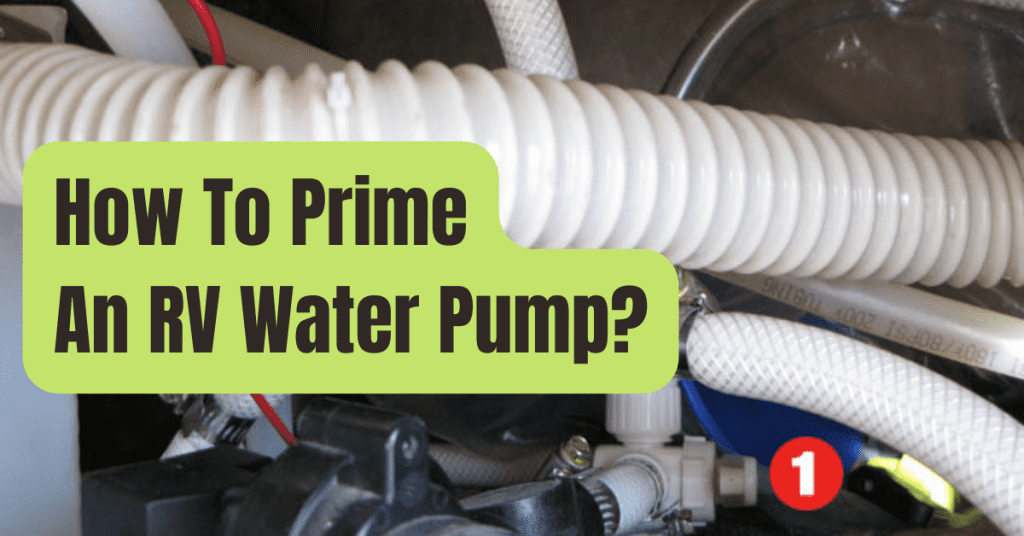Water softeners are great for your home’s plumbing system as well as dry skin and hair.
Other than whether it is flowing and the right temperature, you seldom ever think about the water in your home.
You may be surprised to learn that the majority of home water is hard water, meaning it contains a lot of minerals that leave behind icky residue and mineral deposits.
These mineral buildups in pipes over time might restrict water flow.
As a result of the hard water minerals accumulating on your skin and hair, you could also notice that you feel extremely dry after coming out of the shower.
Fortunately, problems caused by hard water may be easily solved with water softening devices.
These convenient devices can remove or neutralize the heavy minerals from the water.
Based on their technique for removing minerals and the volume of water that has to be treated, water softeners come in a variety of designs.
The most important factor affecting the cost is the kind of water softener you choose.
Additionally, the price is influenced by the size of the plumbing system or home being treated since a system for an RV won’t need to be as strong or sophisticated as one for a 2,500 square foot house.
The majority of water softener systems are available at your neighborhood hardware store, but because they work with your home’s plumbing, you should have a professional install them.
Cost-Related Variables For Water Softener Systems
Consult a professional as you pick the finest water softener to ensure that the system you choose has the capacity necessary for the size and population of your home.
The price of a water softening system will mostly depend on these elements, as well as the kind of equipment and installation expenses.
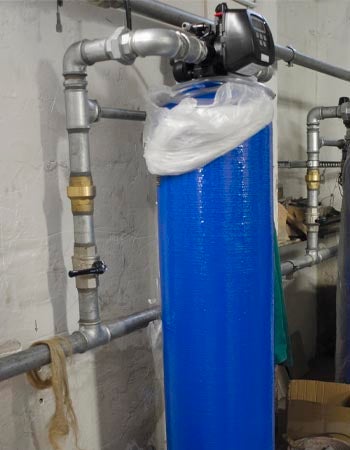
#1. System Type and Capacity
Ion exchangers that employ salt and brine, water distillers, salt-free reverse osmosis, and magnetic water softeners are the five most efficient options.
The price you pay will be heavily influenced by the kind and capacity you choose.
It will cost more since more water will be treated when the capacity is bigger.
#2. Residence Size
Plumbing needs are greater in a bigger home with many bathrooms compared to an apartment.
You must calculate the capacity based on grains per gallon in order to effectively treat enough water for everyday usage.
How much mineral content may be eliminated depends on the grain capacity.
To determine the size of the system you require, use the procedures below:
- The average daily use of gallons per person is 90, so double the number of people living in your home by that figure.
- Add the water hardness indicated by your local municipality to the result from above.(The amount consumed each day ranges from 0 to 17, although the average is 10 grains.)
Example: 3 individuals times 90 is 270.
The daily equivalent of 2,700 grains is 270 times 10.
According to HomeAdvisor, because this value is within the normal range of 0 and 3,500 grains per gallon, you would want a water softener with a minimum 24,000-grain capacity.
An typical home of up to five people may utilize a 32,000-grain water softener.
#3. Servings Made at Home
You may prefer the notion of installing a modest under-the-counter unit for certain areas where you want soft water if the thought of building a whole water softening system seems intimidating.
This is a typical choice for bathrooms or kitchens.
#4. Installation and Labor
If the installation is complicated and additional pipes must be installed to accommodate the new system, the cost might go even more.
#5. Region
The overall price you spend for the majority of installation tasks depends on where you reside.
Given the higher cost of living and greater demand compared to rural regions, labor and material costs are often higher in urban locations.
Your local area may also have an impact on how hard your water is; cities with greater mineral concentration than many others include Phoenix, Las Vegas, San Antonio, and Tampa.
A strategy that works best for the mineral composition in your area must be chosen.
Additional Charges and Factors
The price of water softener systems is influenced by a few other factors in addition to the upfront equipment cost and personnel costs.
After the unit is installed, you’ll need to pay for maintenance on it as well as water testing.
To ensure appropriate operation, the installation may also need to add plumbing or electrical components.
#1. Maintenance
Water softener systems are intricate machines that depend on several elements to function efficiently and securely.
To ensure sure the water is being treated properly, they need regular maintenance.
If you have a saltwater system, the brine tank has to be inspected every three to four months to avoid salt accumulation.
A water softener specialist will also top up the potassium or salt as necessary.
#2. Aquatic Tests
To choose which water softening system is appropriate for your home, you must be aware of the present condition of your water content.
You may either engage a water treatment expert to conduct a test on-site or request a recent water test from certain local governments.
Get a test that analyzes pH, hardness, and iron concentration if you are using a well.
#3. Plumbing and Electricity
Near the water main, a system for the whole house’s water softening must be constructed.
Your installation prices may increase significantly if you need to dig a new plumbing line or if this location is difficult to reach.
For the system to function, power is also required.
It will cost extra for an electrician to reroute and supply electricity to the unit if there isn’t any local power.
#4. General Builder
The supervision of a general contractor is not necessary for the majority of water softener installations.
However, you may need to employ one if structural work is required to build the proper plumbing and electrical.
A general contractor will probably cost you an extra 15 to 23%.
#5. Inspections and Permits
A permit or inspection from your local authorities may be necessary for a significant installation.
To find out whether your job needs a permit, ask the installers.
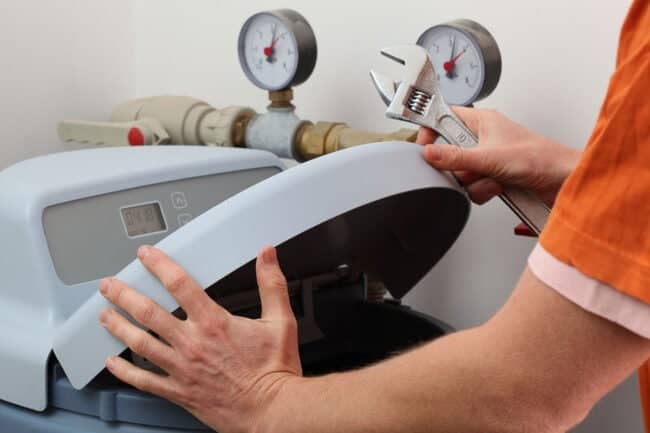
Cost of Water Softener Systems: Available Models
You may choose the sort of water softener you wish to install after you’ve determined your water use and water hardness.
Some water softeners are better suited for septic systems, while others function best in houses with heavy usage.
The breakdown of the price per system is shown below.
#1. Exchangers of Ions
The most popular and dependable kind of water softener is this one.
When water flows through the mineral tank, calcium and magnesium exchange ions while being drawn to beads made of plastic or resin.
The beads enter a salt-filled brine tank where the hard minerals are removed and the beads are restored.
#2. Distiller of Water
In a less popular technique called a water distiller, water is separated from minerals and heavy metals by producing water vapor shortly before it boils.
It doesn’t completely eliminate all chemicals from the water since it doesn’t need filters or mineral tanks to operate.
Distillers produce water more slowly than whole-house systems, which makes them a better choice for drinking water.
#3. Salt-Free
Similar to an ion exchange system, a salt-free water softener or conditioner employs potassium rather than sodium or salt to achieve the same results.
Instead of removing the minerals, this neutralizes them and suspends them in the tank.
Potassium may be safer for those following a low-sodium diet and is kinder to septic tank systems.
#4. Osmosis in Reverse
A reverse osmosis system is something to consider if you like to concentrate on getting rid of all minerals, chemicals, pollutants, and heavy metals from your water.
They may be combined with other parts of a water softener and put beneath a kitchen sink or across the whole home.
#5. Magnetic
The magnetic water softener is a new alternative that is yet mostly untested.
When you connect an electrical device to your plumbing, magnets produce an energy field that turns the mineral ions so that accumulation is prevented.
Users believe that this approach is effective, however there are few studies to support these assertions.
Signs a Water Softener System Is Needed
Do the drains in your home have obnoxious, tenacious stains on them? The problem is probably due to hard water.
Additionally, it’s the cause of your recent surge in energy costs, the dinginess of your white clothing, the constant feeling of dryness in your skin and hair, and other symptoms.
Look at these primary justifications for why you need a water softening system.
#1. Water Test Findings
You may get a DIY water testing kit from a nearby hardware shop if you have any concerns about how hard your water is.
The quantity you need is milligrams of dissolved calcium carbonate per liter.
Soft is defined as 0 to 60 mg/L, moderately hard as 61 to 120 mg/L, hard as 121 to 180 mg/L, and extremely hard as more than 180 mg/L.
Results above 121 strongly suggest the necessity for a water softening system to prevent mineral accumulation in the pipes.
#2. Staining
Any puddles that are still there will gradually evaporate and leave behind minerals when water slowly recedes down a drain.
These minerals are tenacious stains that have the potential to solidify into rocks.
You won’t have to deal with these unsightly stains any longer since a water softener stops these minerals from escaping the faucets.
#3. Buildup at Scale
The terms scale and limescale may both refer to the same mineral accumulation.
Shower heads, teapots, glasses, and any other frequently moist surface may accumulate it.
That applies to the inside of furniture and, in particular, the plumbing system.
A system may ultimately be damaged by too much accumulation, necessitating expensive repairs.
#4. Increased Utility Costs
Higher utility expenditures might sometimes be your first sign of a scale accumulation.
The water may need to push through more forcefully if the pipes’ flow capacity has been reduced as a result of mineral deposits.
Your boiler or hot water heater won’t operate as effectively as it attempts to keep up if that heated water is present.
#5. Shabby Laundry
Laundry detergents are hindered by the minerals in hard water, making them less efficient in cleaning garments.
Additionally, they create the same icky buildup on garments that they do in pipes.
As a consequence, things start to fade, become gray, get rough, and even start to smell bad and never get better.
#6. Dry Hair and Skin
Your skin and hair will be particularly harmed by harsh water.
On your scalp and body, it might result in dryness and even itchiness and flaky skin.
Because those minerals are so heavy, hair often becomes more limp or lifeless than most people want.
They may also stop soap from dissolving correctly, leaving behind soap residues that didn’t get rid of the germs.
#7. Water Heater Failure
Your water heater will eventually develop the same grimy, scaly mineral deposit that occurs in drains and pipelines.
A water heating system often ages prematurely as a result of hard water.
Electrical heaters nearly speed up the process since the heat promotes the growth of scale.
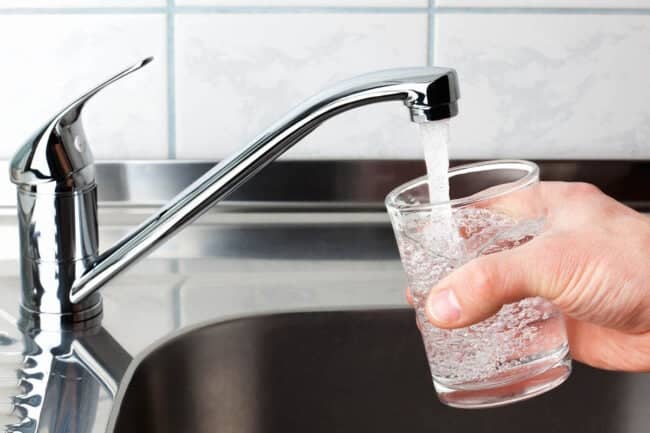
A Water Softener System’s Advantages
Even if it is a common justification for many users, improving the water quality in your house has advantages beyond just feeling smooth and clean when you wash your hands or take a shower.
It improves the flavor of your water and makes your laundry more efficient while also preventing long-term issues with your plumbing systems.
#1. Softer Hair And Skin
Your skin and hair would prefer not to be weighted down by an abundance of chemicals and minerals all the time.
The shampoo and conditioner will work better on the hair, and it could seem less lifeless and limp.
You may not require as much lotion if you have a water softener system since your skin won’t be as dry and irritated.
#2. Effective Cleaning Product Use
Hard water makes soap difficult to dissolve and lather, so you could find that you need less soap overall.
Your cleaning products’ cleaning and lathering capabilities will be improved with soft water, regardless of whether they are body washes, hand soaps, dish soaps, or laundry detergent.
#3. Less Scaly Deposits
When it comes to preventative maintenance, this is the finest justification for a water softening system.
The scale and scum that hard water minerals leave behind on drains, pipelines, appliances, and kitchenware are prevented by using soft water.
When you have soft water flowing through your plumbing, you won’t need to worry about the quality of your pipes or your appliances.
#4. Water That Tastes Better
Since bottled water often tastes better than tap water, many people buy it.
You’ll find that after installing a water softening system, your tap water now tastes better than most bottled water.
Removing extra minerals that affect the taste of water is an additional advantage.
Cost of a DIY Water Softener System VS. a Professional
It’s not necessary to install water softening systems throughout the whole home.
If your water is just moderately hard, you may simply want to put a small unit in your master bathroom or beneath your kitchen sink.
DIY installation kits are provided with certain under-the-counter systems.
Just keep in mind that there are always hazards involved when working on your own plumbing systems, which might result in subpar connections, worse, or both.
Hiring a water softener technician can help you avoid the danger of ruining the whole plumbing system for water softener systems intended for an entire home.
If you realize you’ll need to add plumbing or electrical work to have the system installed, this is important (and could even be mandated by law).
The last thing you want is to unintentionally cause a water leak that will be more expensive to repair later.
A skilled installer will be knowledgeable with the system they’re installing and will be able to solve any problems that could come up.
Ways to Reduce the Cost of a Water Softener System
You may be surprised to learn that the biggest financial savings from a water softener come from its long-term advantages.
You’ll pay less for cleaning materials, have longer-lasting appliances, and even pay less for electricity.
To save money on the initial cost of a water softening system, take into account following suggestions.
- Have one or more experts evaluate your home to assist you in selecting the best kind and capacity of water softener. Bigger doesn’t always equate to better.
- Find a suitable apartment at a reasonable price by shopping around.
- Consider waiting for a Christmas deal after you’ve determined which water softener system is appropriate for your home. The corporation can put the unit up for sale or provide free labor.
- Ask the manufacturer if there are any rebates available.
What to Ask About the Price of a Water Softener System
You should make sure the proper system is implemented since water softener systems are a long-term investment.
Use these inquiries to assist direct your search for a water softener installation as you get started.
Make sure the installation is licensed, insured, and able to offer references upon request before hiring any subcontractors.
- How long has your company been around?
- Do you have testing kits for water available?
- Do you provide free on-site consultations to assess the scope of the installation project?
- Which water softening system will work best with my plumbing?
- Have you ever setup a system similar to this?
- How much will it cost to install an under-the-counter system in my kitchen and bathroom?
- What amount of capacity would you advise for my household?
- What happens if we host visitors? Will there be a soft water shortage?
- Will more plumbing need to be installed?
- How much upkeep will be necessary for this system?
- Do you provide a maintenance schedule? What is included, if so?
- Is there a warranty on this water softener?
FAQs
Systems for water softening don’t have to be complicated.
For homeowners that decide to invest in them, their advantages and cost-effectiveness have a track record of success.
Consider the answers to these most common queries if you’re still unsure of how much a water softener will cost.
A water softener system may enhance your quality of life, but how?
Since they function better without the hindrance of hard minerals in the water, homeowners have discovered that they need less soap, detergent, and other cleaning products.
Without the scale building of minerals on your skin, your hair and skin will be less dry and itchy personally.
Finally, you’ll notice a noticeable improvement in the flavor of your tap water.
A water softening system may be installed in any kind of home or apartment, right?
Yes.
Smaller systems that fit beneath a sink may be installed.
In this manner, you have access to soft water where you need it.
Additionally, there are portable water softening systems that are suitable for recreational vehicles with plumbing.


